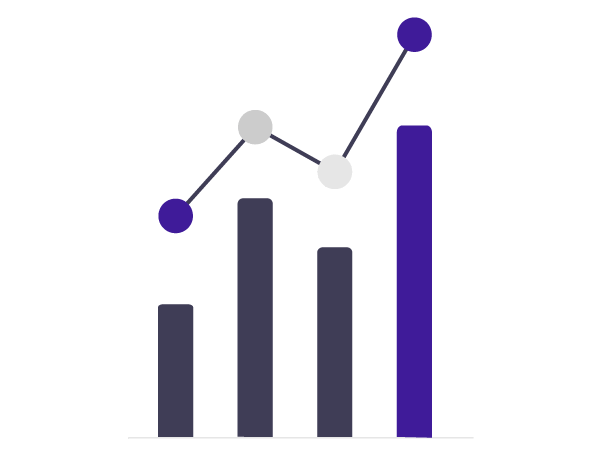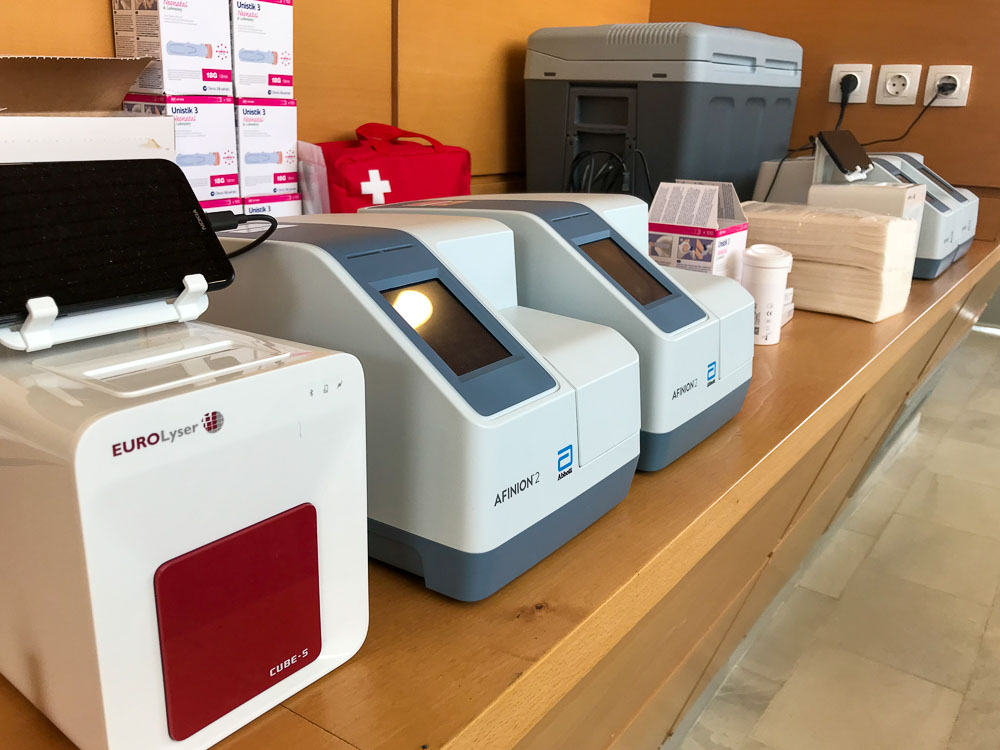
Background
By the end of 2020, worldwide 82 million people were forcibly displaced. Out of which, 30 million people are international refugees: due to war, violence, conflict or persecution, they fled their country seeking for protection in another country.

Mental and physical strain
Forcibly displaced people are exposed to severe mental and physical strain, as well as traumatic experiences during their journey. As a consequence, the risk of psychiatric disorders is markedly increased among international refugees.

Early interventions are key
Studys and NGOs highlight the fact that there is a need for early interventions on psychological health among forcibly displaced people. In addition to clinical offerings, especially non-clinical interventions should be focused in order to promote health and invidiual resources – as soon as possible.

Exercise and sport
Previous studys suggest that exercise and sport have promise in the treatment of PTSD symptoms, depression and anxiety disorders.
Furthermore, such interventions may also have positive effects on mental health among forcibly displaced people.

Recent studies
Up to date, most studies were carried out in the countries of asylum, whereas investigations implemented in a refugee camp setting are missing.
However, 86% of all forcibly displaced people live in refugee camps.

Pilot study shows promising results
Our pilot study suggests, that an exercise and sport intervention in a refugee camp is feasible and that there are potential benefits for refugees’ mental health and cardiorespiratory fitness.
However, these promising findings must be interpreted with caution, given that our pilot study followed a pre-experimental design.
Study Design
The Saleem study has 142 participants and lasts for three years. It entails an exercise and sport intervention and a total of three data measurement times.

Aims of the study
- Examine the effects of a sport and exercise intervention among adults living in a refugee camp on PTSD.
- Examine the effects of the intervention on further psychological and physical outcomes (e.g. perceived stress, anxiety, sleep, psychological well-being, cardiovascular risk markers, cognitive performance, physical fitness, etc.).
- Develop a standardized exercise and sport program that can be disseminated to other camps.

Intervention
Participants are randomly assigned to either the intervention or wait-list control groups.
While the intervention group right-away participates in the exercise and sport intervention, the wait-list control group only takes up activities after the second data measurement.
As part of the intervention trial, exercise and sport was offered five times per week (60 min/session). Participants were asked to participate in at least two sessions per week. The program was developed and co-designed with the participants addressing the contextual situation and participants’ interests.
More Details
What exactly does the exercise and sport intervention entail?
Activities offered are based upon the needs and preferences of the participants. Individual interviews and focus group discussions inform the selection of activites. In any case, a range of activities is offered on five days per week, out of which participants may chose based on individual preference.
What is a wait-list control group?
Given the potential positive effects of the intervention, the control group (usally the ‘non-treatment group’) is not just left out of the intervention – rather it’s being put on a waititing list to receive the intervention with a timely delay. Hence the name: wait-list control group.

Participants
All study participants (n=142) are currently living in the same greek refugee camp and are aged 16 – 59 years. Participation is voluntary and informed consent is obtained prior to the study.

Data assessments
Data will be collected prior to the intervention (baseline), immediately after the intervention (post 1), and another 3 months after that (post 2).
More Details
What data is collected among participants?
PTSD symptoms
Perceived stress
Depressive symptoms
Anxiety symptoms
Insomnia symptoms
Perceived stress
Psychological well-being
Pain
Cardiovascular risk markers
Executive function
Cardiorespiratory fitness
Upper-body muscular strength
Physical activity
Sociodemographic background
Trial registry
For a more detailled description, see our trial registration on ISRCTN:
More about the Saleem study

News
Follow-up on our most recent news. The study is currently ongoing.

Research
Our most recent peer-reviewed publications.

About us
The Saleem study team

Funded by the Swiss Network for International Studies.
